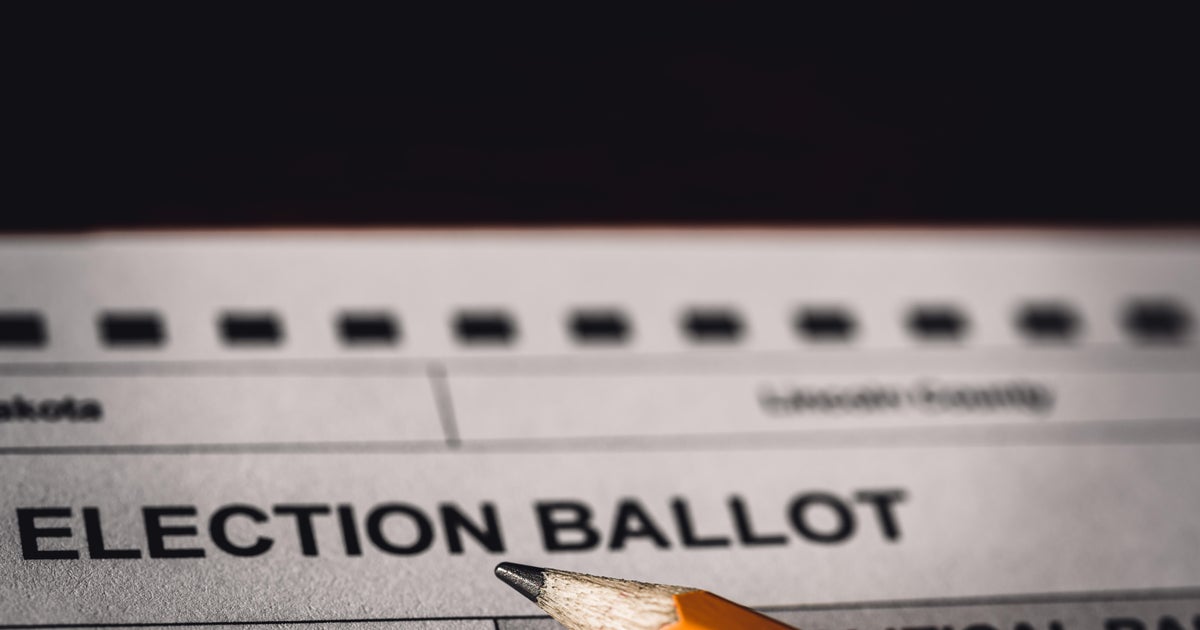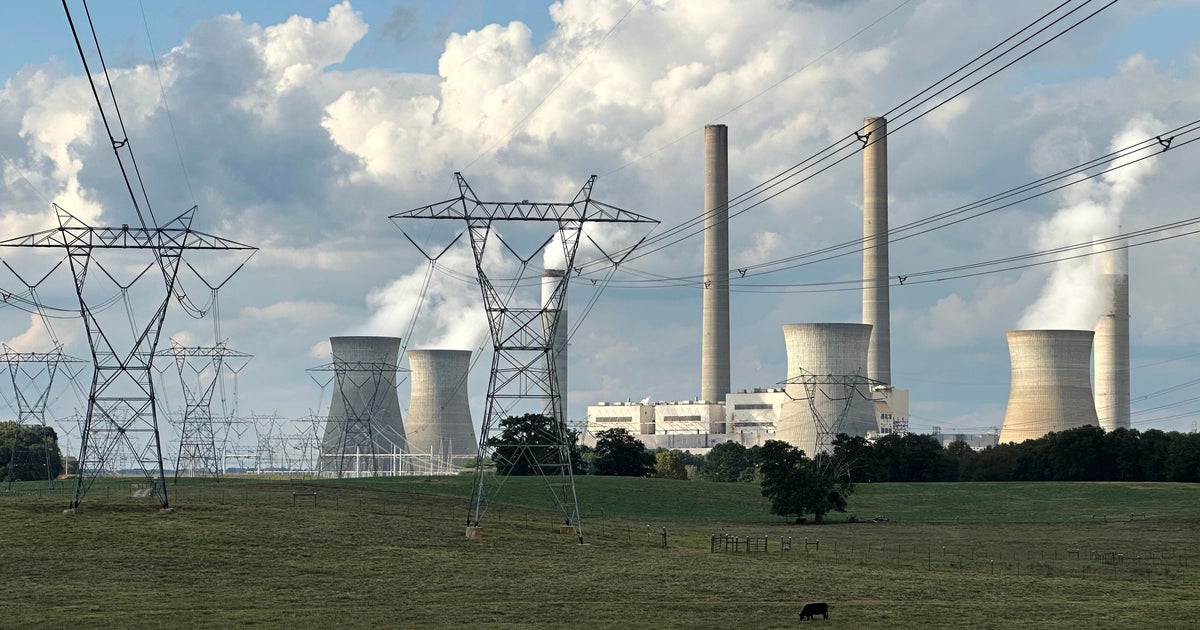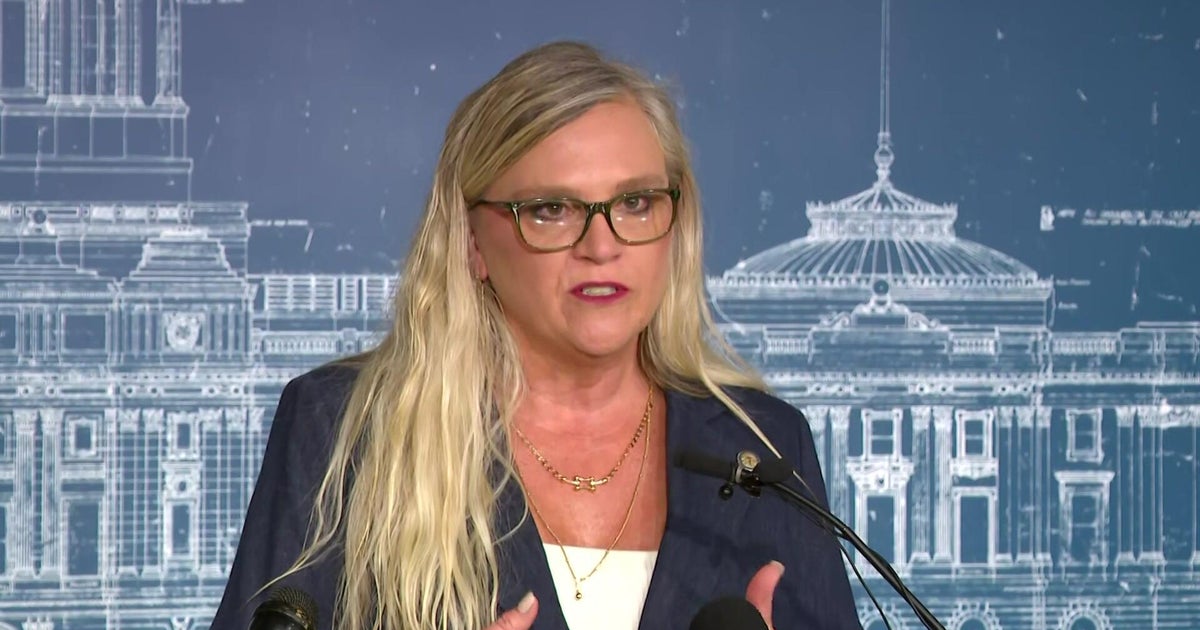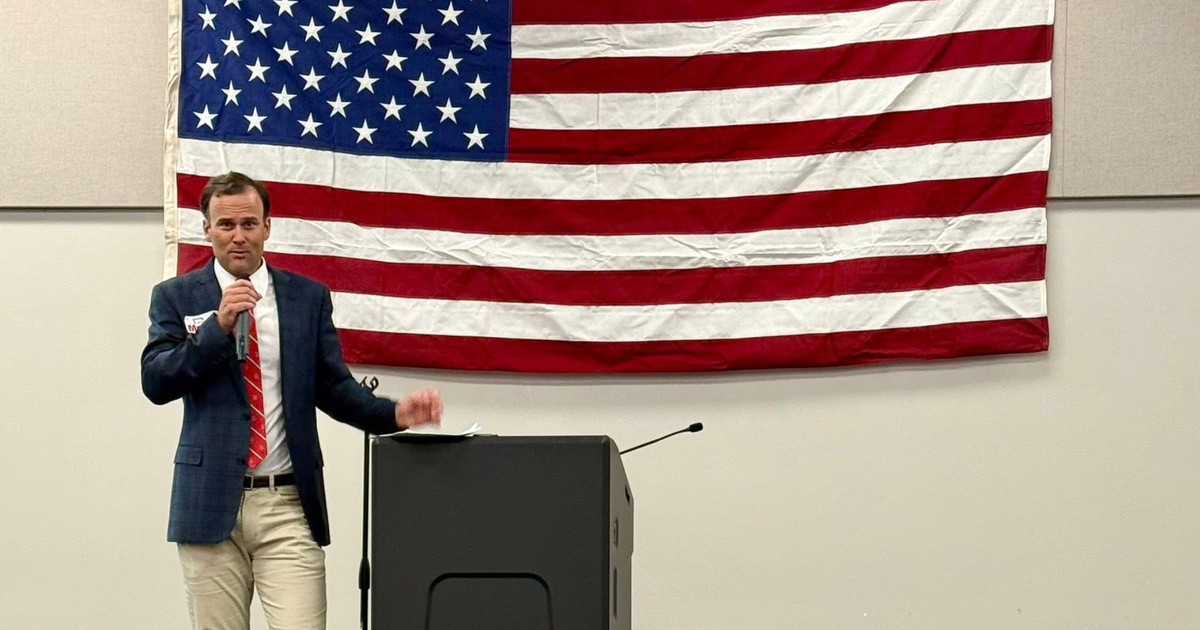Lawmakers differ on impact of Roe v. Wade on November races in Pennsylvania
HARRISBURG, Pa. (CBS) — With all the uncertainty as the Nov. 8 election approaches, one thing Is certain: It'll be the first general election since the U.S. Supreme Court overturned the 1973 Roe vs. Wade decision, which legalized abortion throughout America.
So what impact that will have on the outcome of the November races? Well, back to the uncertainty.
In Pennsylvania, as nationally — to one extent or another — most voters support legalized abortion. So with the prospect of abortion becoming illegal for the first time in a half-century, Pennsylvania Democrats have generally felt the more voters care about abortion, the better Democrats' electoral chances in a year that began with most analysts expecting a Republican rout.
"Choice is literally on the ballot here in Pennsylvania in 2022," State Rep. Leanne Krueger (D-Delaware County) said earlier this week.
In a truly literal sense, there's no mention of abortion or choice on the ballot. But Krueger believes the results of the election could impact the legality of abortion more directly than some voters realize.
That's because even if Democratic gubernatorial candidate Josh Shapiro defeats Republican Doug Mastriano, as most polls have suggested is likely, the state House and Senate — currently both controlled by Republicans — could finalize the placement of a half-dozen constitutional amendments on a 2023 statewide ballot, including one that would read: "This constitution does not grant the right to taxpayer-funded abortion or any other right relating to abortion."
Even then, before abortion could be restricted, voters would have to approve that amendment. But Krueger worries that could happen in what would be a low-turnout, off-year election. And even then, the amendment itself wouldn't restrict abortion per se, but it could enable legislative changes and legal challenges.
Democrats view this as a sneaky way for Republicans to enact extremist policies opposed by most Pennsylvanians. But anti-abortion advocates say Democrats are actually the ones out of touch with the mainstream.
"Abortions are allowed in our state, permitted under law up through six months of pregnancy," said Michael Geer, president and CEO of the Pennsylvania Family Institute, an anti-abortion lobby. "That's extreme among most Pennsylvania voters. Most think the limits should be much lower than that."
State Rep. Kerry Benninghoff, the Republican majority leader, said earlier this week that even voters who favor legalized abortion have become more concerned in recent months about other issues, such as crime and inflation, where Republicans think they have an advantage. He said Democrats were using the Supreme Court decision, which didn't immediately impact the legality of abortion in Pennsylvania, to scare voters.
Pro-abortion advocates say their research suggests pro-abortion voters remain outraged. And that, in turn — they say — is bad news for Republicans.
"Republicans across the country and certainly in Pennsylvania have been dodging the question about where they where they stand when it comes to abortion — banning abortion — and they would rather talk about anything else," said Angela Vasquez-Giroux, vice president of communications and research for NARAL Pro-Choice America. "It makes perfect sense that they hope, and are pinning all their hopes, on people forgetting about it."
Republicans say Democrats are the ones pinning their hopes on the wrong issue.
"I think it's going to be an awakening on Election Day when those who put their eggs in the pro-abortion basket wake up and realize it didn't sell like they thought it would," Geer said.
CBS3's Seth Kaplan reports.







